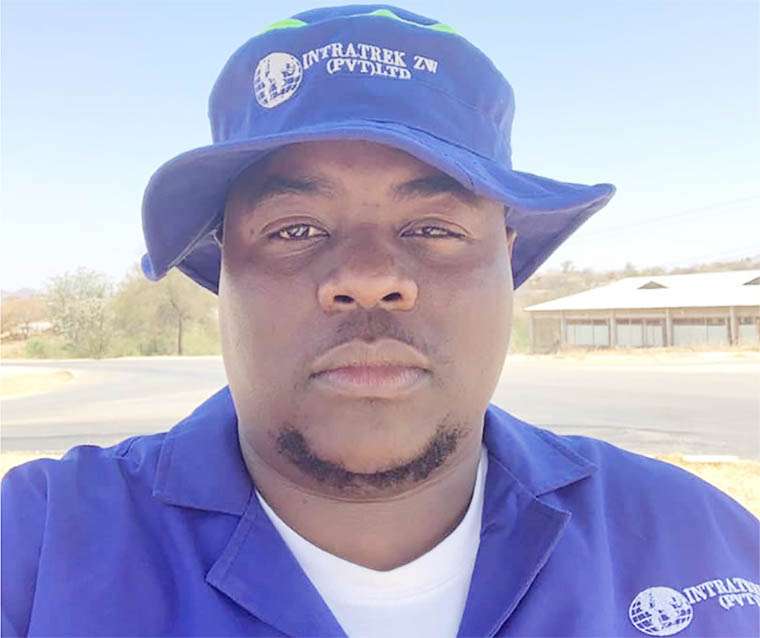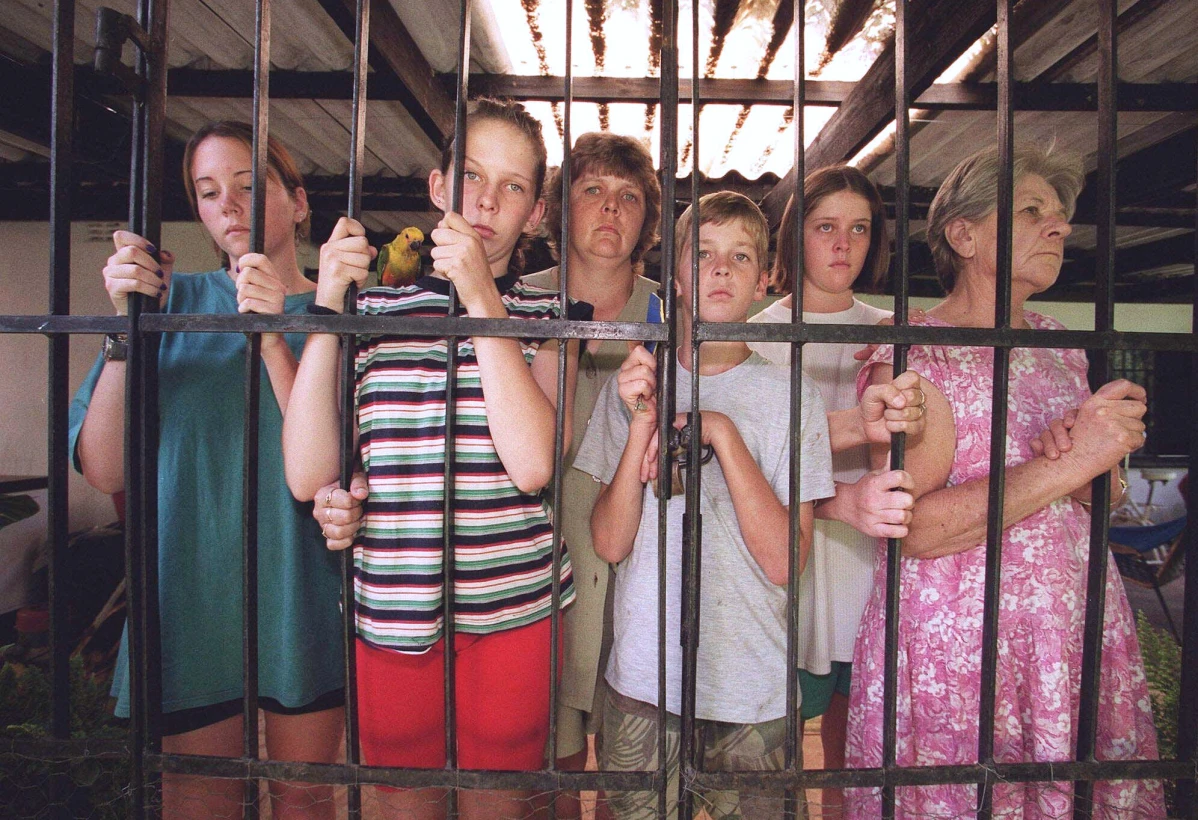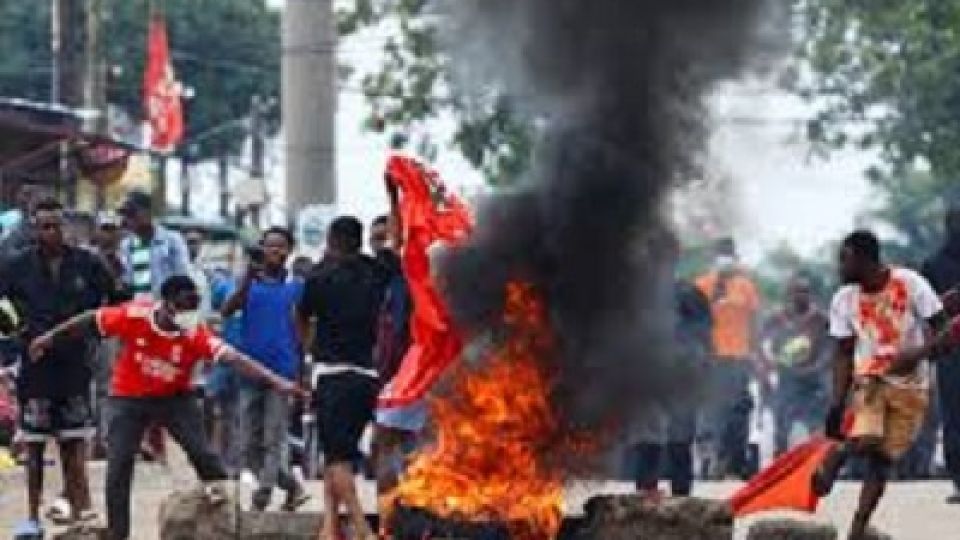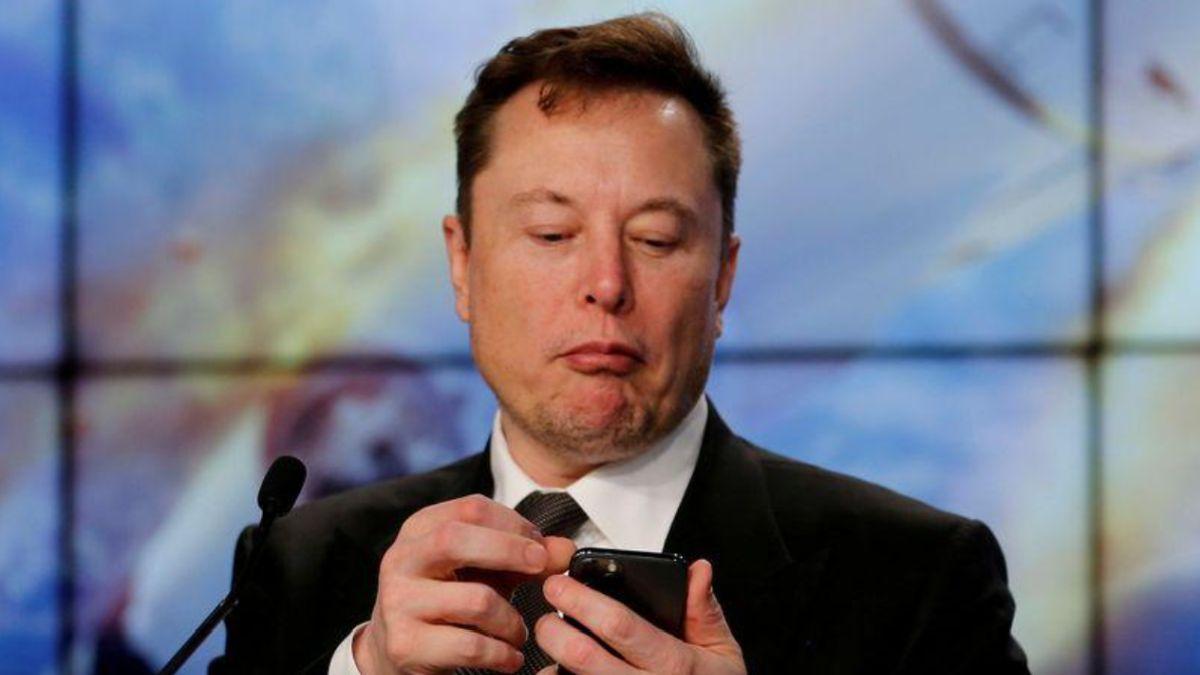HARARE – The Supreme Court has reserved judgement in a case in which the Zimbabwe Power Company (ZPC) is seeking nullification of a High Court ruling reinstating businessman Wicknell Chivayo’s bungled US$5,6 million Gwanda Solar Project.
High Court judge Siyabona Musithu earlier this year ruled that ZPC was in breach of contract when it cancelled the 100MW deal.
Aggrieved, ZPC filed an appeal at the Supreme Court complaining that the lower court misdirected itself in reaching that decision.
However, a three-panel bench chaired by Justice Anne-Mary Gowora said judgement will be availed at a later date.
“Having heard submissions by both counsels, we are of the view that … we will reserve judgement,” said the judge.
Chivayo, through his Intratrek Zimbabwe (Pvt) Ltd, had sued ZPC for a sum of US$25 million for breach and repudiation of contract.
ZPC had called time on the contract claiming the businessman had failed to fulfil the conditions laid down before the implementation and enforcement of the deal.
Chivayo was also cleared of any wrongdoing when he was taken to court for counts of fraud, money laundering and violation of exchange control regulations.
He later took the state company to court accusing it of breaching the deal, prompting the High Court ruling whose effect was the reinstatement of the project.
The Harare businessman later sued the company, arguing it had tarnished his integrity by getting him arrested for the offences.
Musithu upheld Chivayo’s application before slapping ZPC with costs on a higher scale.
“Resultantly, it is ordered that; The procurement contract for the Engineering, Procurement and Construction (EPC Contract) of the 100MW Gwanda Solar Project (ZPC 304/2015) between the plaintiff and the defendant as amended is valid and binding between them.
“Consequent to the declaration of the validity of the EPC Contract, an order for specific performance of the said contract is hereby granted,” the judge had ruled.
At the Supreme Court, ZPC through its attorney Daniel Tivadar, averred the High Court was wrong because Chivayo and his company did not satisfy the contract.
















